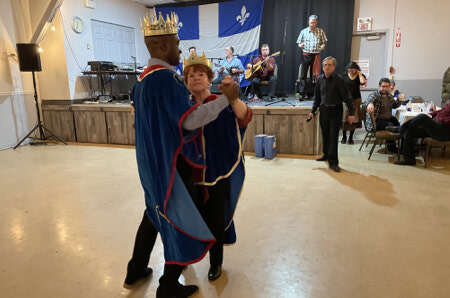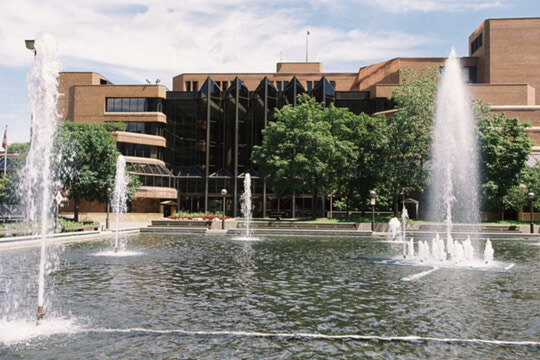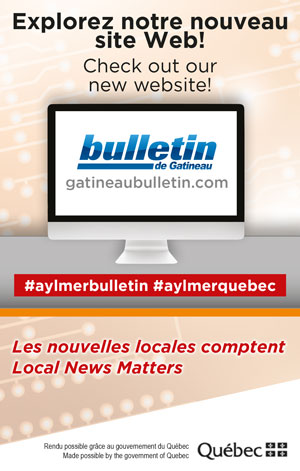
Normand Veillette, a key development agent for the Démarche de développement des loisirs publics en milieu rural initiative, highlighted that the project is designed to create sustainable, long-term solutions for rural municipalities by providing tailored support and fostering community involvement in improving public recreation services. Photo: Courtesy of Loisir Sport Outaouais
Rural public recreation development initiative
Tashi Farmilo
In an innovative collaboration, Loisir Sport Outaouais and the Direction de la santé publique en Outaouais have launched a unique initiative designed to address the challenges faced by rural municipalities in providing public recreational services. The project involves eight municipalities, selected for their potential to create sustainable solutions while addressing the specific needs of communities grappling with poverty and remoteness.
Municipalities such as Ponitac, Low and La Pêche (secteur Lac-des-Loups) are participating in the pilot phase of the program, which aims to explore ways to improve and enhance local recreational services. The process begins with an introductory meeting to allow local leaders to understand the project’s goals and its potential benefits. The next step involves filling out a detailed questionnaire, which will help identify the municipality's challenges regarding public recreation. The questionnaire must be completed by a team consisting of a leisure department representative, the general management, and the municipal official responsible for recreation.
Normand Veillette, a key development agent for the initiative, explains that the goal is not just to identify problems, but to actively tackle them through structured planning. "The goal is to create a clear path forward for municipalities, focusing on long-term solutions," he said. "Once the questionnaire is complete, we’ll prioritize two or three key issues, which will be addressed through a customized service offer and action plan." Veillette emphasized that Loisir Sport Outaouais and the health department will provide continuous support to ensure the municipalities' successful implementation of these plans.
The initiative is designed to have long-lasting impacts, not only for the municipalities directly involved but also for the future of rural community development in the region. "We’re not just looking at solving immediate problems, but building a foundation that can support municipalities in the future," Veillette noted. "The feedback we get from residents and local organizations will be critical in shaping these solutions."
The project also aims to measure success through a variety of indicators, including the number of residents who benefit from the improved recreational services. The involvement of the community is paramount, with residents expected to engage through surveys, focus groups, and discussions about their needs and satisfaction with local recreational services.
One challenge faced by many rural municipalities is the limited financial resources available to address these issues. Veillette acknowledged that finding the necessary funding to implement long-term changes could be difficult. "While we provide guidance and support, the municipalities will need to secure funding for the solutions we develop together," he said.
Despite these obstacles, the project offers hope for rural municipalities to build sustainable recreational infrastructures. As Veillette concludes, "Our goal is to ensure that, in the future, municipalities will have concrete plans in place for public recreation that will continue to benefit residents for years to come."
For more information about the initiative consult their website: https://www.urlso.qc.ca/une-demarche-innovante-pour-les-municipalites-rurales-en-outaouais/





